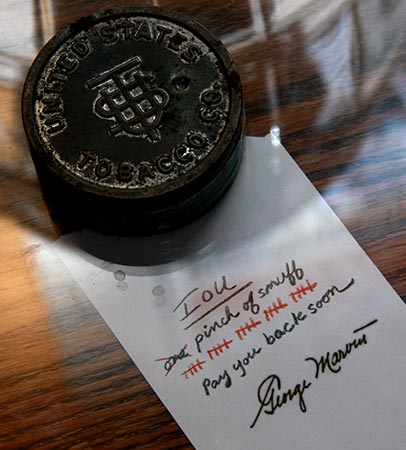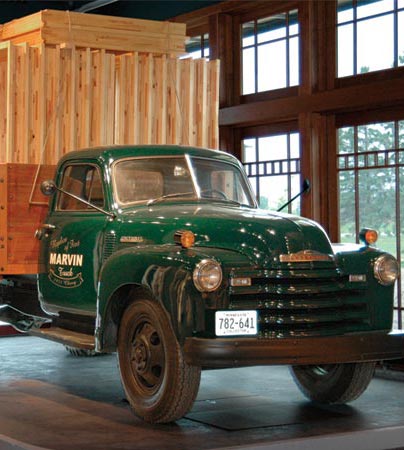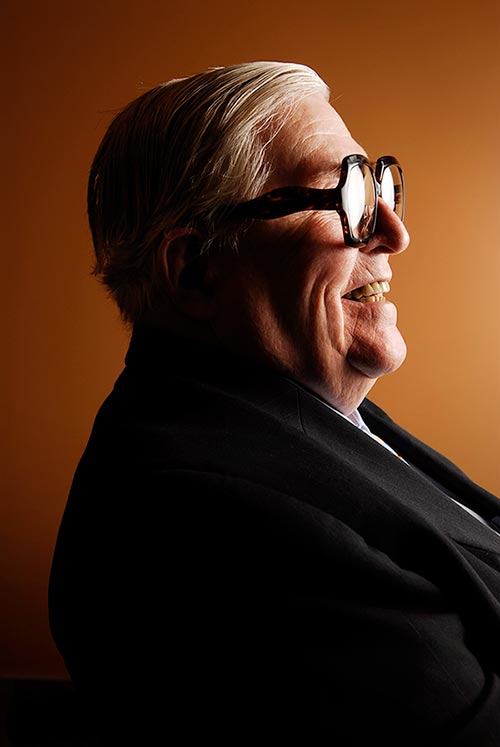Call: 519-919-6997

Why Choose the Marvin Family of Brands?
The people that make up the Marvin Family of Brands are dedicated to enriching the places we live and work. What began as a family company built on an old-fashioned code of honesty, hard work, and service to their neighbors is now one of the world’s premier window and door companies. Through our three unique brands—Marvin, Integrity, and Infinity—and each brand’s unique offerings of customization and performance, we can provide a solution to any project. For everything from new construction to remodeling and replacements, to commercial building and even historical restorations, we never take shortcuts, and we always adhere to the highest possible standards and the highest levels of service. We stand behind every one of our products, every step of the way.
We make it our priority to be a partner to our customers through every step of the process, and go above and beyond what is expected. That includes making sure our products continue to live up to our high standards every single day.
Marvin’s Story
The Marvin brand is Built around you®. Built on a heritage of quality and innovation, we are continuously leading the industry in product design and function. Each product is made to order, one at a time, to meet your exact specifications. With our customization capabilities, exclusive innovations, high-performance energy efficiency options, and our unmatched personal service at every point in the process, you will be able to find beautiful windows and doors for your project.
The Marvin Story
In 1904, George G. Marvin arrived in tiny Warroad, Minnesota, to take a job managing a grain elevator. The area was a booming lumber center, providing pulpwood for paper mills. Recognizing an opportunity, George Marvin established the Marvin Lumber & Cedar Company in 1912.
Honest and hard-working, George earned respect across the northern woodlands. He believed in the sanctity of a handshake and often loaned money to farmers and lumbermen who needed to get through the winter when work was scarce. The only record of the transaction would be a penciled note in George’s black pocket notebook. The need for year-round employment in sparsely populated northern Minnesota would become a recurring theme in the Marvin company history.

During the Depression, George Marvin quietly helped his community. He provided Christmas trees for every family in Warroad. He delivered 100-pound bags of flour to needy families. One year, when crops were poor and farm families were near starvation, George arranged for each family to sell a truckload of pulpwood to a local paper company.
Years after the Depression ended, stories began quietly circulating about George Marvin’s most magnificent gesture to his neighbors – one he never sought to take credit for during his lifetime.
A local bank had failed. All the farm mortgages would come due immediately. Without the cash to pay off their mortgages, dozens of farmers would lose their land. George bought the bank, held the mortgages and the farmers paid him back over time.
But George Marvin also was a shrewd businessman. Seeking a way to keep his lumberyard workers busy during the slow winter months, he designed a machine that turned scrap lumber into wooden stakes. Marvin sold the stakes to the state highway department.
George Marvin set an example of hard work, ingenuity and integrity. But it was his oldest son who would provide the visionary leadership that transformed Marvin into a world leader in the building industry.

William S. “Bill” Marvin graduated from the University of Minnesota in 1939 and set his sights on a career in agribusiness. Months later, he got a call from his father: Come home. I need you to help me. And so Bill Marvin returned to Warroad as the Marvin company’s eighth employee. He’d spend the rest of his long life in Warroad, but his vision extended much further.
Soon after Bill joined the company, a lumberyard employee suggested making door frames and barn sashes – once again, in an attempt to keep workers busy over the winter. The company bought a saw and began its first venture in the window business. But with the outbreak of World War II, Marvin turned its attention to making ammunition boxes and other supplies under military contracts.
When the war ended, Bill Marvin realized that returning veterans needed jobs. If they couldn’t find jobs in Warroad, they’d have to move elsewhere. So, over his father’s objections, Bill Marvin invested in top-line woodworking machinery and launched what we now know as Marvin Windows and Doors.

During the 1950s, Marvin’s small sales force criss-crossed the Upper Midwest in Chevrolet station wagons, signing up independent local dealers to distribute Marvin windows. During this time, the company introduced a number of innovative new windows that boosted sales dramatically.
By the 1960s, Marvin had its own fleet of trucks and had added patio doors to its product line. Marvin also began advertising and marketing aggressively, promoting its unique capacity to build any window a customer wanted. Today, that continues with our “Built around you®” promise.
As the decades rolled by, Marvin grew: from a few dozen employees in the 1950s, to a few hundred in the 1960s, to more than 4,000 today. Bill immersed his six children in the business from early childhood. They all remember going to the factory with Dad on weekend afternoons, sweeping floors and emptying wastebaskets. Every one of those six children joined the business and has made significant contributions to the company’s continued growth.
Bill Marvin famously kept a close watch on everything in the company, but also he knew it couldn’t thrive without the best ideas from everyone. He believed in giving people the opportunity to succeed. “I don’t have to be the smartest at everything,” he said. “I just have to find the people who are.” When someone struggled, Bill would say, “That’s not a bad employee. We just need to find the right spot for them.”
BUILDER magazine named Bill Marvin one of the 100 most influential people of the 20th century building industry – a richly deserved recognition. Bill Marvin died in 2009 at age 92, but his energy, and enlightened management practices live on in the company he led for 40 years.













